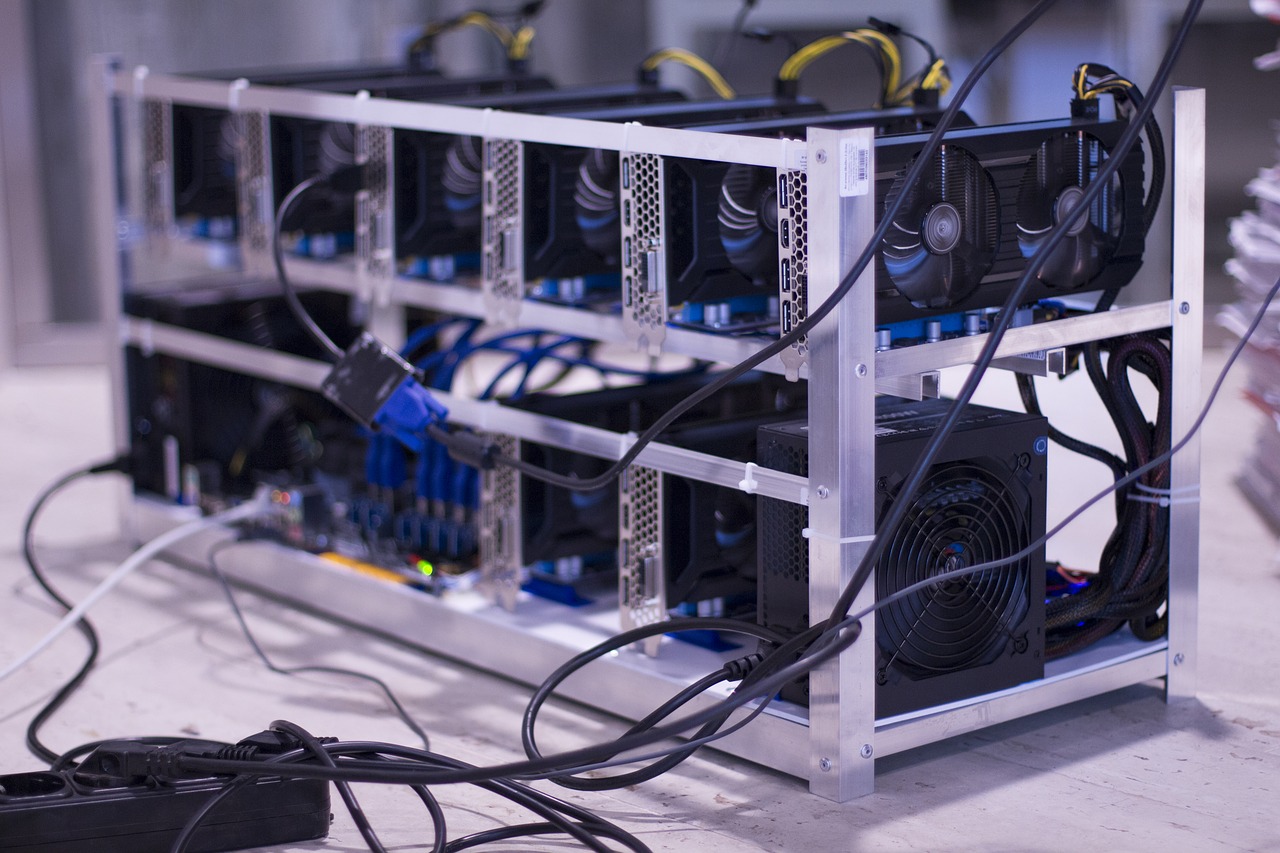
Texas senator Ted Cruz is backing the idea from cryptocurrency enthusiasts that Bitcoin mining can help with putting energy back on the grid during times of surging demand. He cited the ability for miners to turn their mining rigs on or off within seconds, giving them the flexibility to meet supply and demand amid fluctuating energy prices.
Texas is the only state in the US that has its own power grid, independent from the two major power grids supplying the rest of the country. Managed by an entity called the Electric Reliability Council of Texas (ERCOT), the grid powers 90% of the state and requires a perfect balance between supply and demand to operate which means an oversupply of energy is just as bad as too much simultaneous power usage.

Shaun Connell, the EVP of power at Lancium, an energy tech company that specialises in Bitcoin mining, said that when demand is higher than the available supply of electricity for more than nine minutes, some machines will automatically shut down to protect themselves and could lead to grid-wide blackouts, as well as a hard restart of the whole system.
ERCOT has a programme called the Emergency Response Service (ERS), which pays industrial users to lower their use during times of high demand. This usually takes 10 to 30 minutes which Connell said isn’t fast enough as the grid sometimes requires a response within sub-seconds. Meanwhile, Bitcoin’s “interruptible load” means that machines can be shut down with a few seconds’ notice with little consequence. Lancium recently announced that it is spending US$150 million (~RM633 million) to build Bitcoin mines across Texas that run on renewable energy.

He argued that ERCOT should be focused on grid improvements to make it easier to get power from solar and wind farms to big consumption centres. Then again, the state’s low-cost renewable energy sites are usually far away from such areas which include big cities such as Dallas and Austin.
(Source: CNBC.)
The post Bitcoin Mining Community Believes It Can Help Stabilize Texas Power Grid appeared first on Lowyat.NET.
0 Commentaires